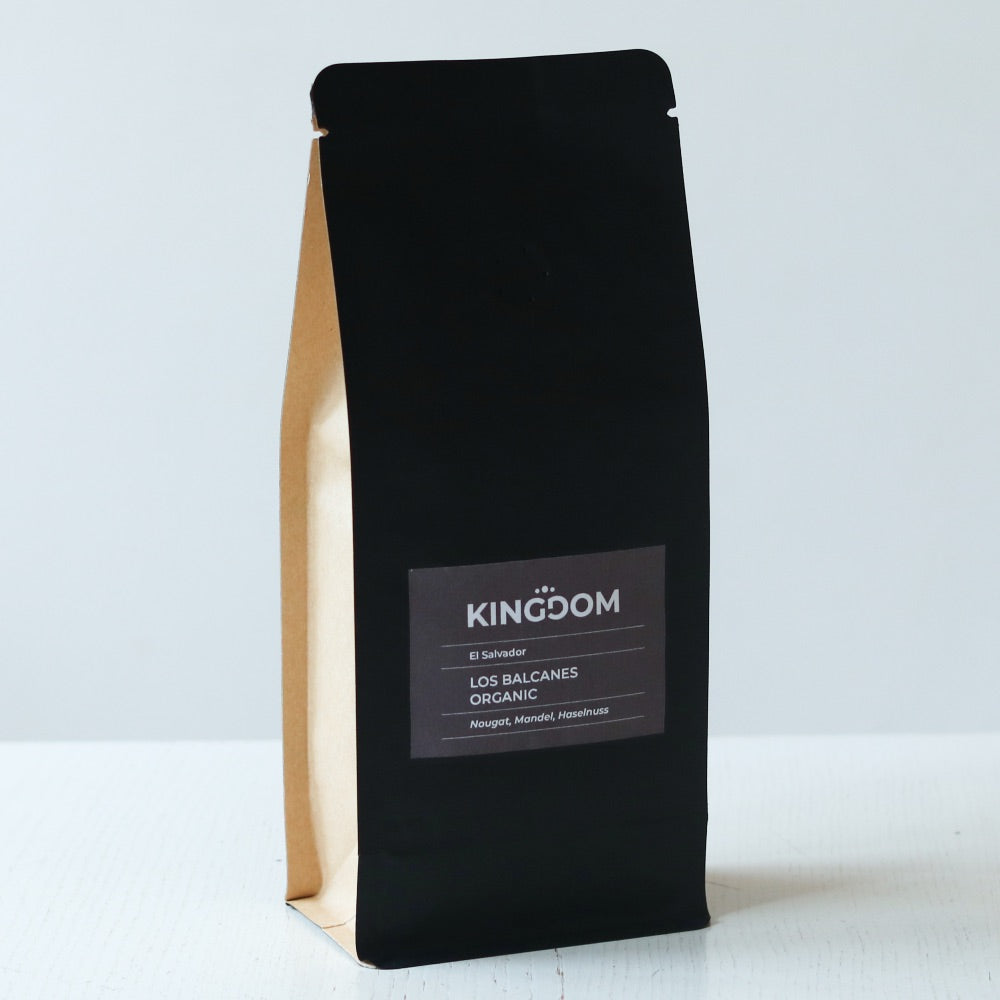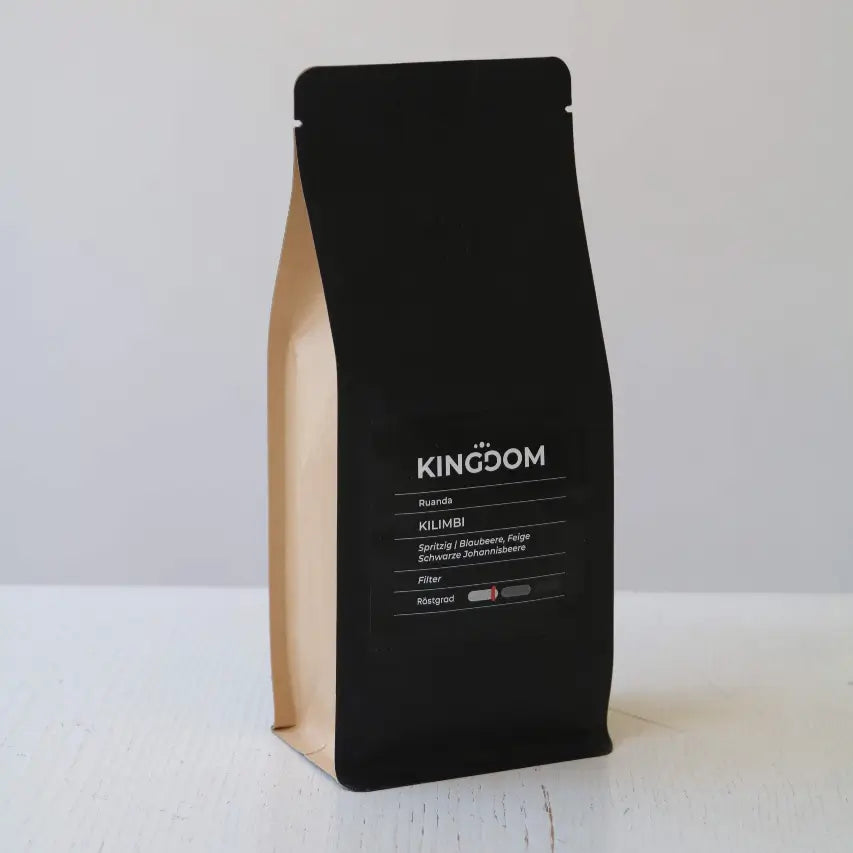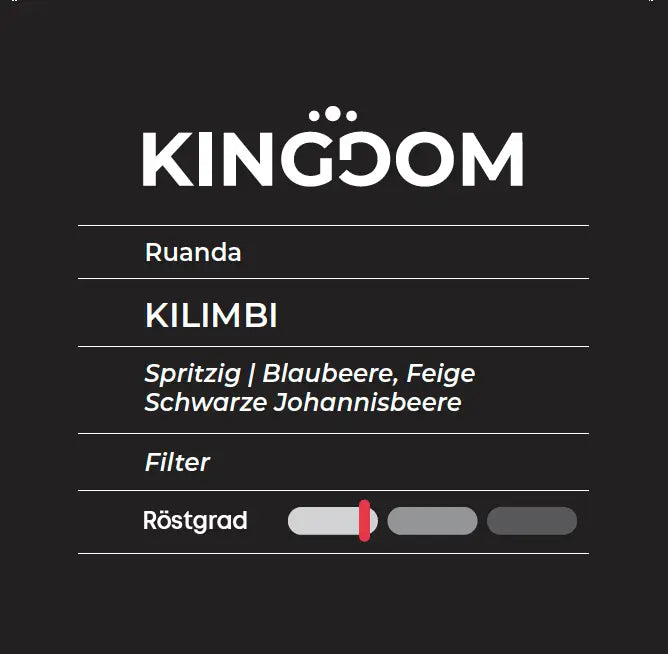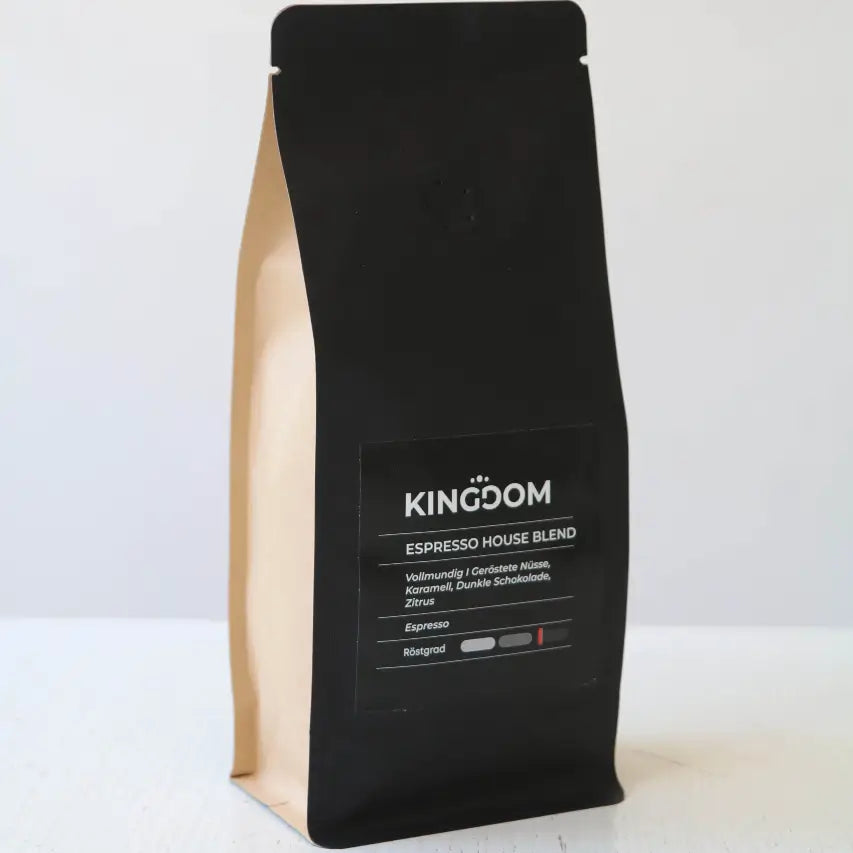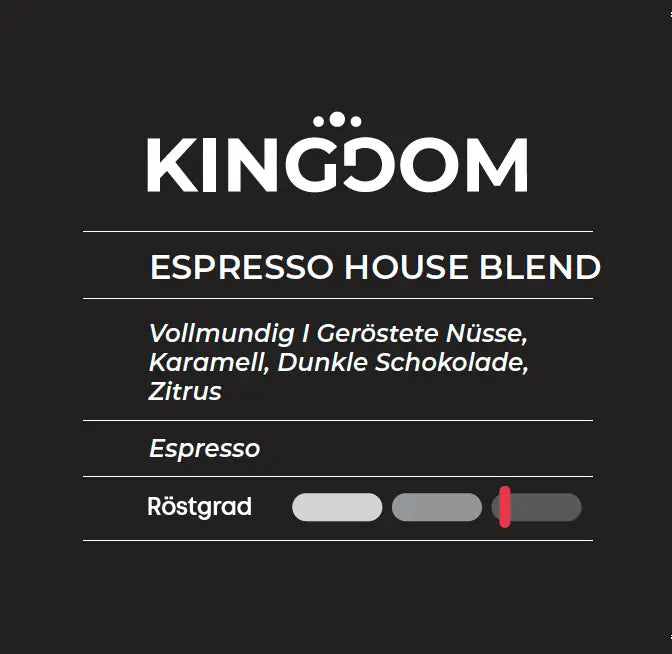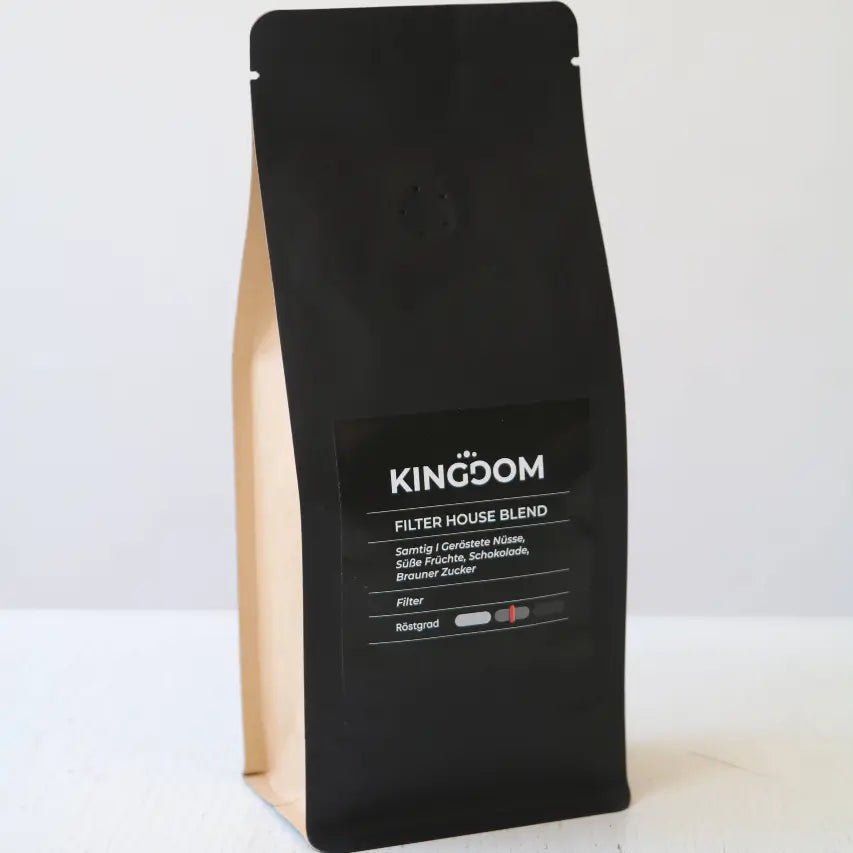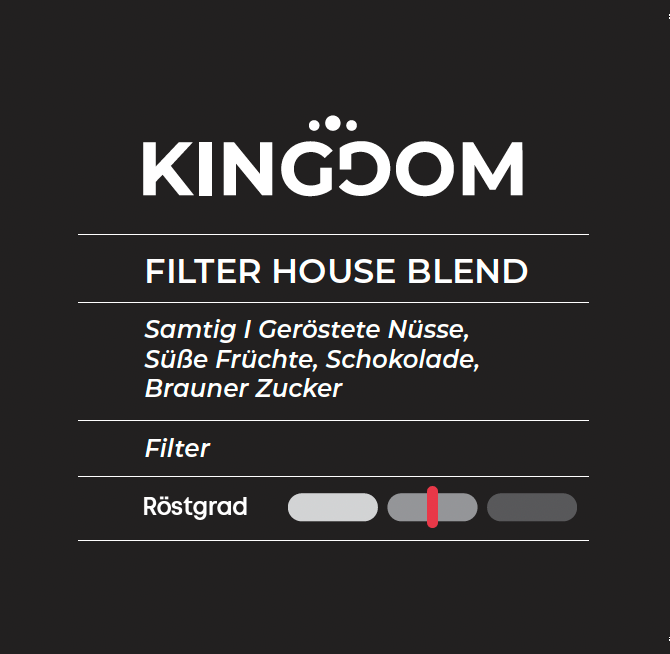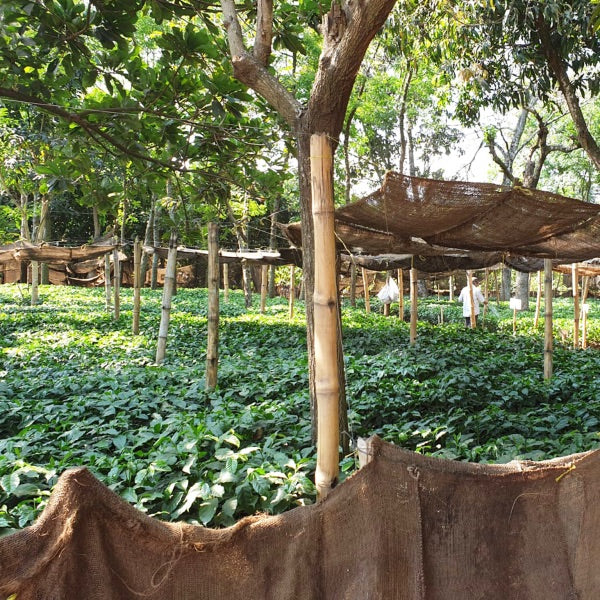Washed Process: Elevating Specialty Coffee from Santa Ana, El Salvador
In the world of specialty coffee, processing plays a pivotal role in shaping the final cup profile—and in El Salvador, the washed (or fully washed) process has long been the gold standard for highlighting the unique characteristics of beloved varieties like Pacas, Bourbon, and Pacamara.
At cooperatives such as Cuzcachapa de R.L., located in the Santa Ana region of the Ilamatepec Mountain Range, the washed process is meticulously carried out to bring out the clarity, brightness, and terroir-driven complexity of organically certified, responsibly sourced coffees.
What is Washed Process Coffee?
The washed process (also known as the wet process) involves removing the coffee cherry’s outer layers—skin and mucilage—using water before drying the beans. This method places emphasis on the bean itself, allowing the coffee’s inherent qualities—such as varietal traits, soil, and microclimate—to shine through with precision and purity.
In Santa Ana’s high-altitude farms, where the cool climate slows cherry maturation, this process is particularly effective in producing clean, vibrant coffees with a high level of acidity and well-structured sweetness. For varieties like Pacas, the washed method enhances flavor clarity, bringing forward notes of citrus, red apple, caramel, and floral tones, with a silky mouthfeel and a balanced finish.
Why El Salvador Excels in Washed Process Coffee
El Salvador’s long history of coffee cultivation and investment in post-harvest infrastructure has made it a leader in washed coffees. The country is known for its commitment to quality at every step—from cherry selection to fermentation, washing, drying, and storage.
In the case of Cooperativa Cuzcachapa, the processing facilities are state-of-the-art and continually updated to meet specialty coffee export standards. Each lot is traceable, and coffees are sorted meticulously by hand and machine to ensure only the ripest, highest-quality beans are selected for washing.
The washed process used here includes:
- Careful cherry selection at peak ripeness
- Eco-friendly pulping with minimal water use
- Controlled fermentation, often lasting 12–24 hours
- Clean water rinsing to fully remove mucilage
- Raised-bed or patio drying, monitored for consistency and moisture levels
This attention to detail ensures that each washed coffee from Santa Ana, El Salvador offers a transparent expression of variety and terroir, making it a favorite among third-wave roasters and discerning coffee lovers worldwide.
Sustainability and Traceability in the Washed Process
Importantly, many of the coffees processed this way—especially those grown by members of Cuzcachapa Cooperative—are organically certified and responsibly sourced. The cooperative emphasizes environmental responsibility, using water recycling systems and solar drying beds where possible, while also reinvesting in local communities through fair pricing, credit access, and training programs.
Taste the Difference: Washed Process Pacas from El Salvador
If you're searching for a coffee that offers clarity, origin expression, and a refined cup, look no further than washed process Pacas from the Santa Ana region. The combination of volcanic soil, high elevation, and careful post-harvest processing delivers a consistent and elevated cup experience—ideal for both single-origin offerings and espresso blends.
Whether you're a roaster, green buyer, or barista, exploring washed process specialty coffees from El Salvador is a journey into transparency, tradition, and terroir—and Pacas is one of its brightest stars.


